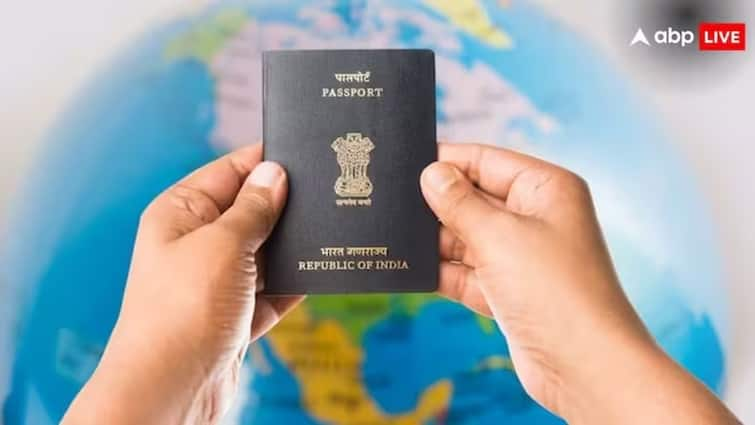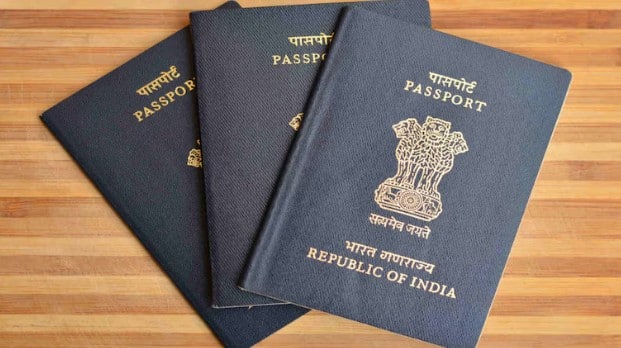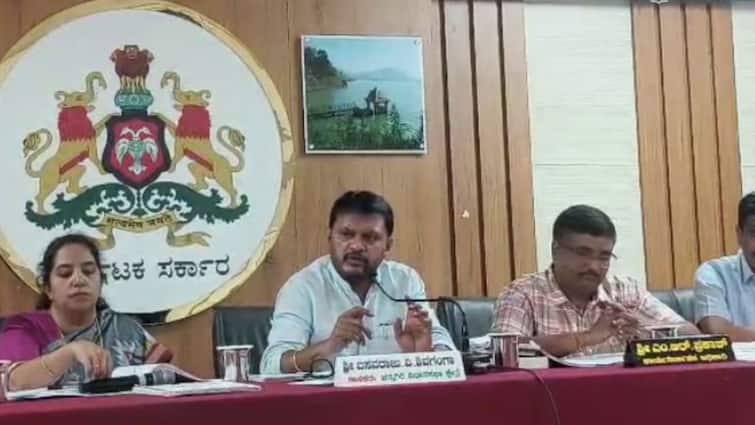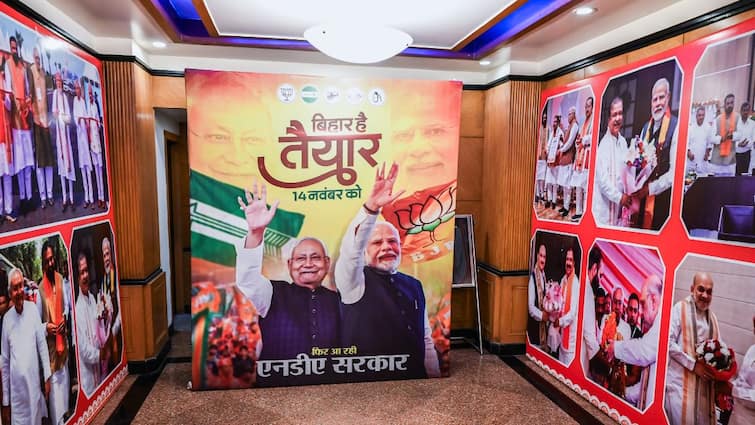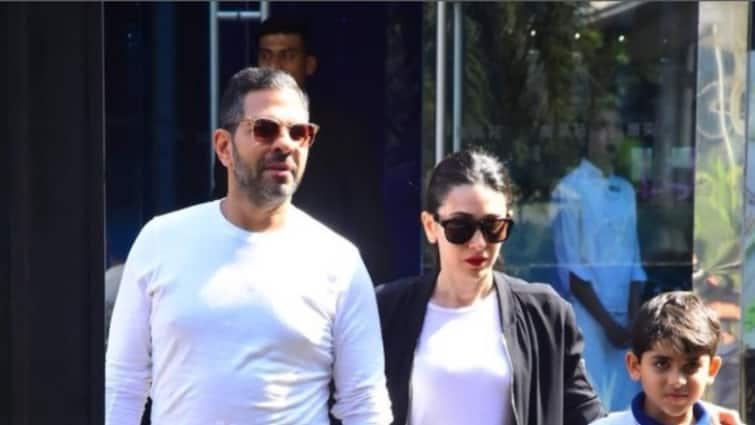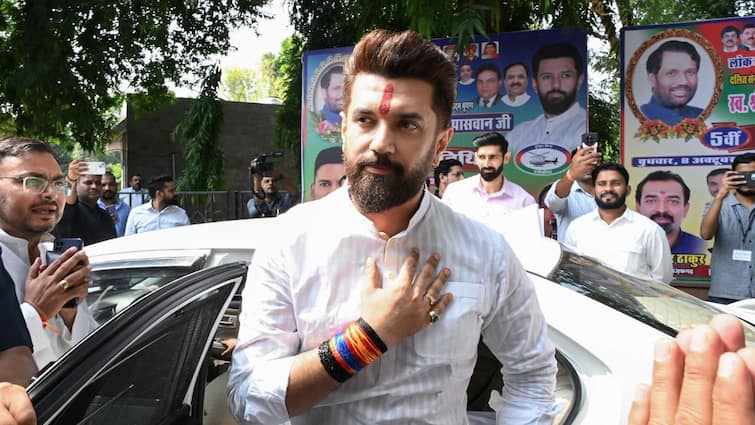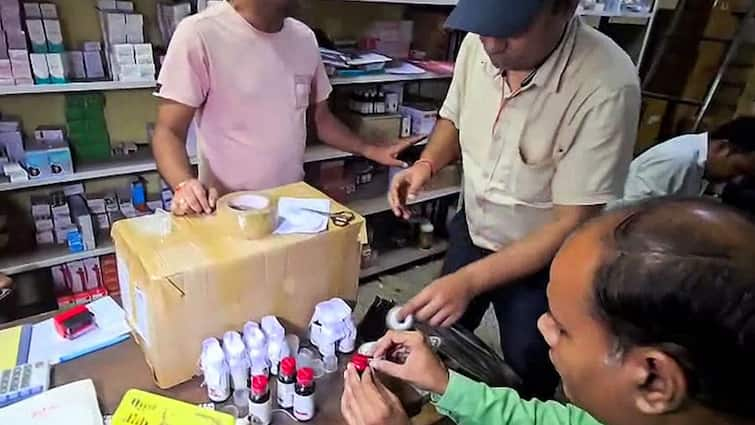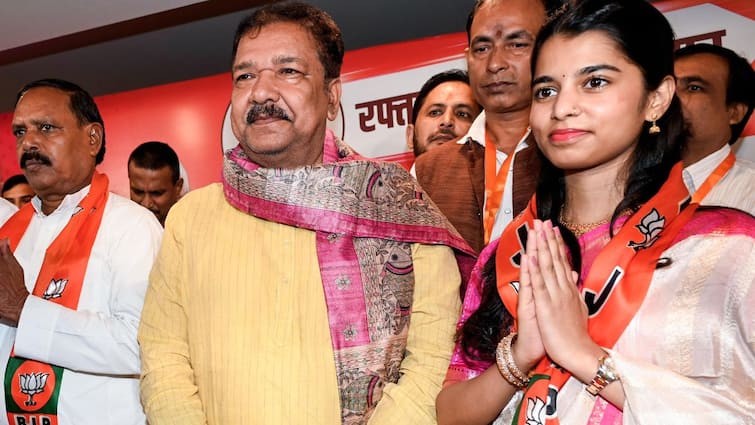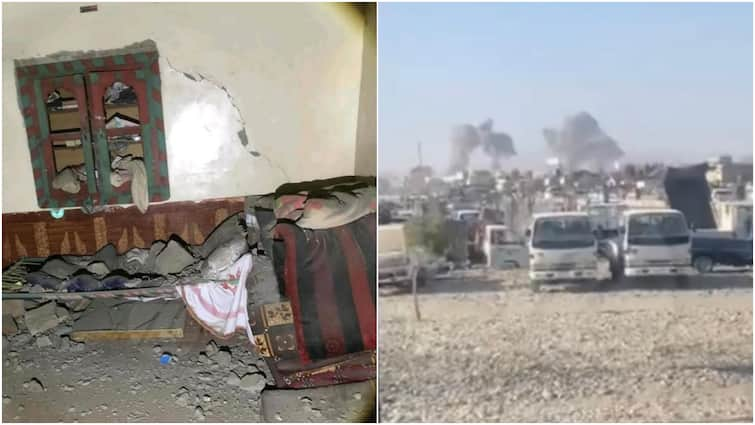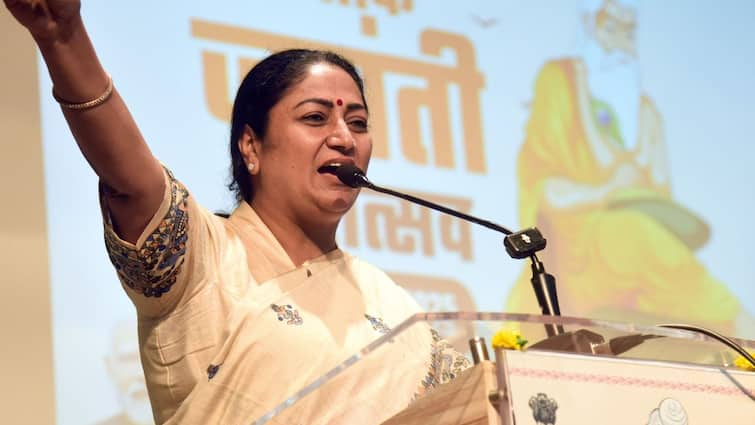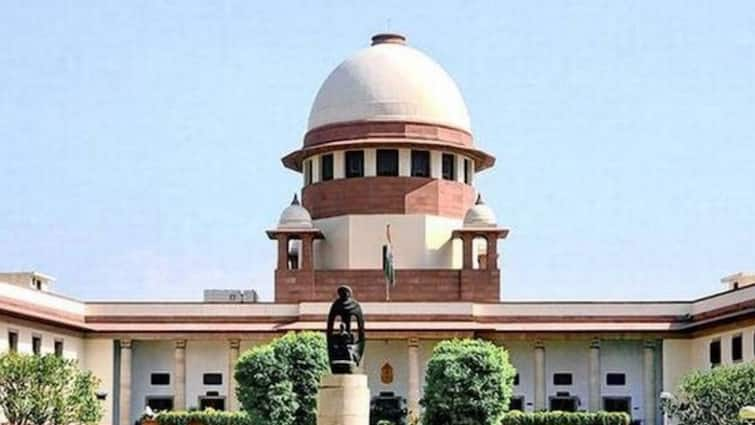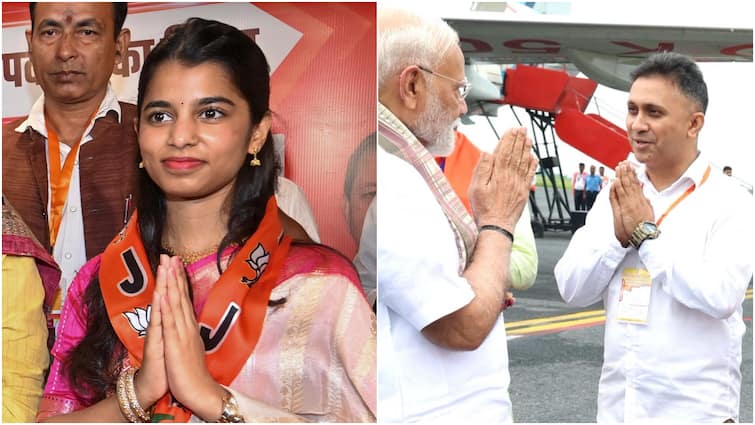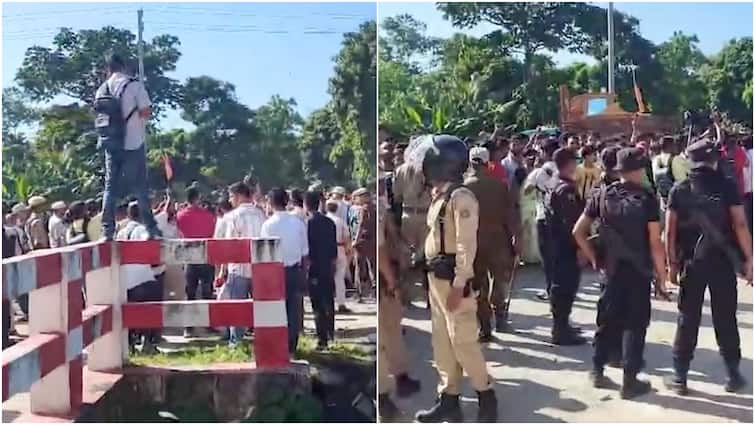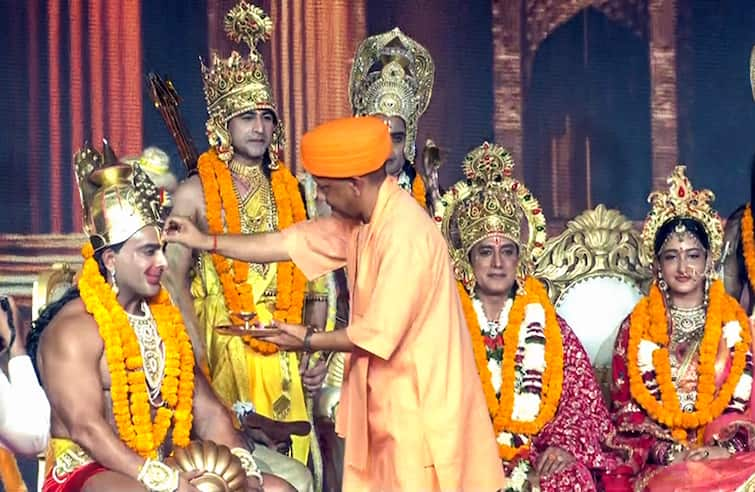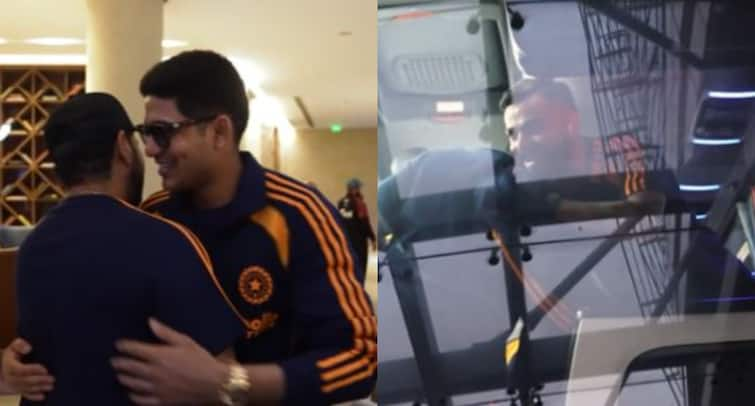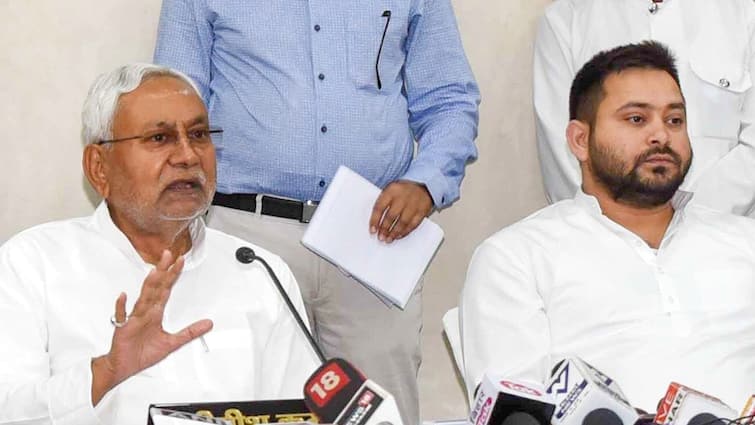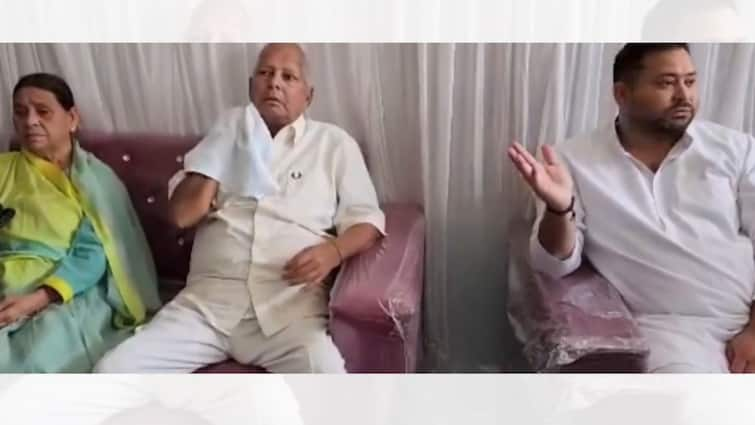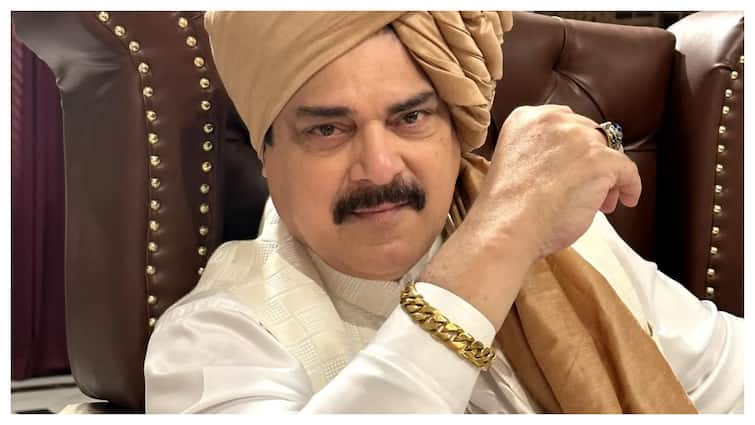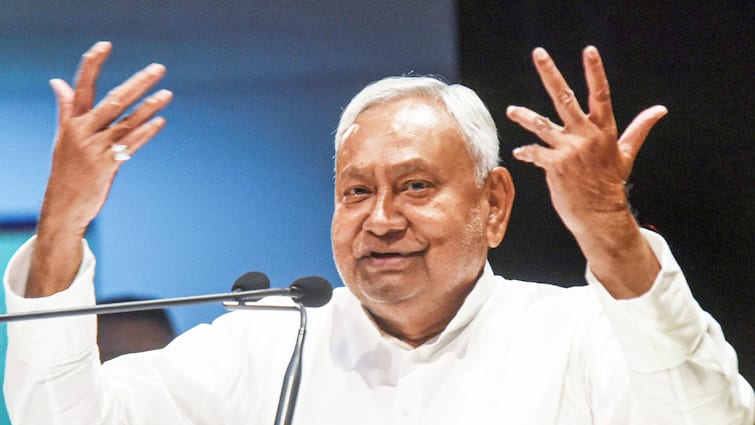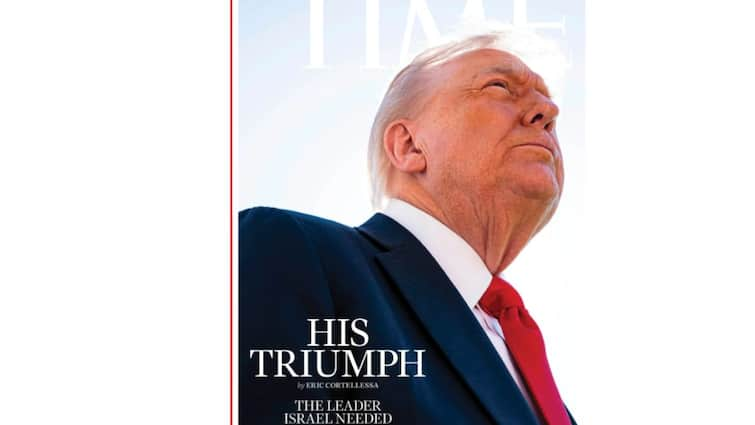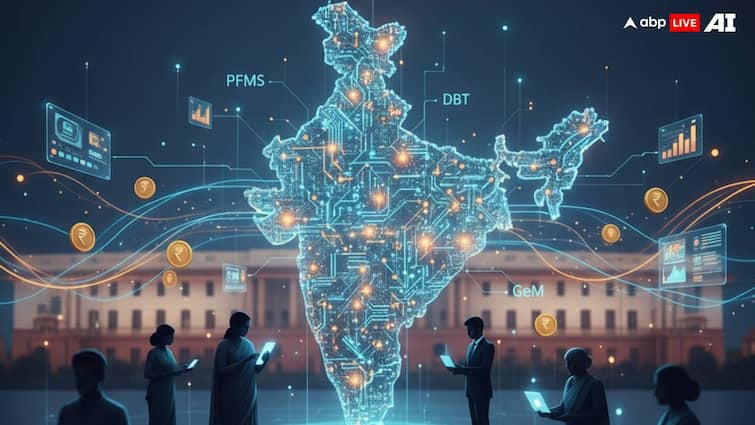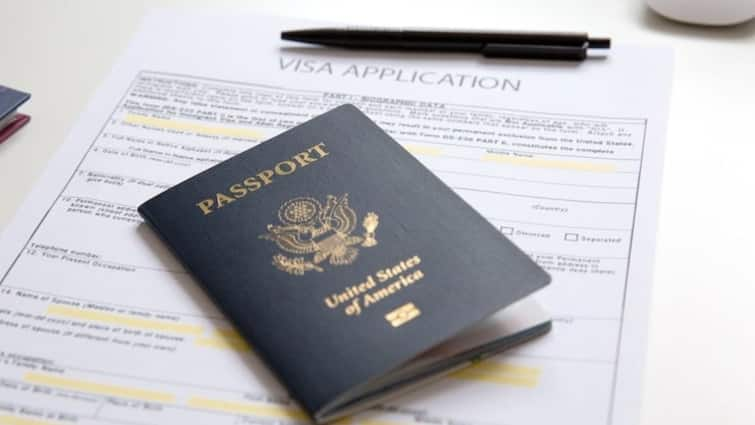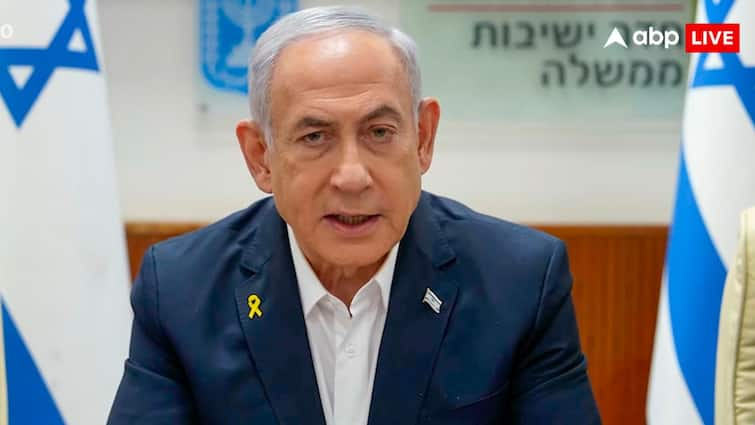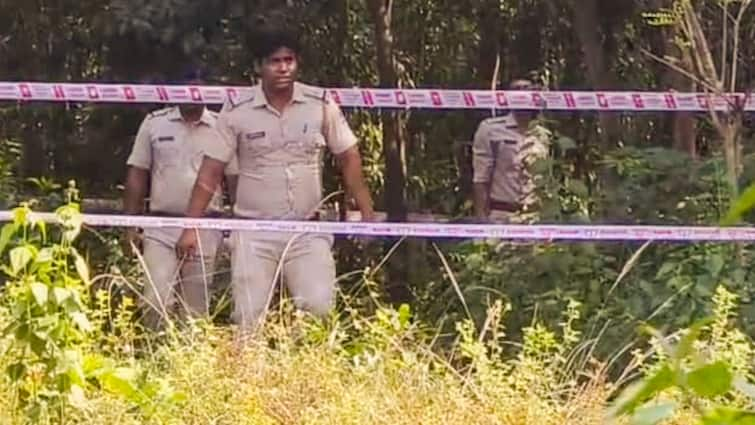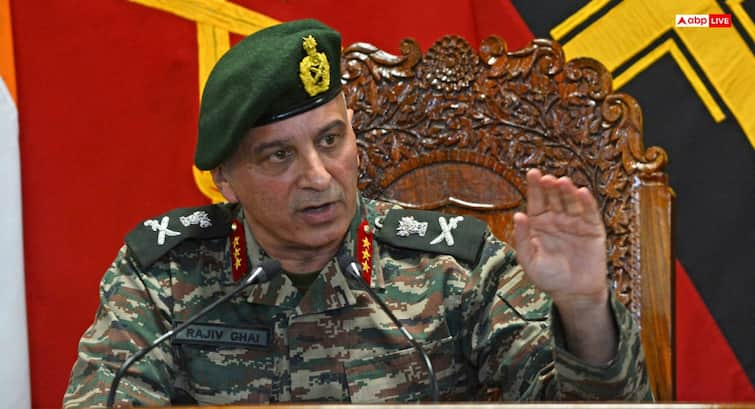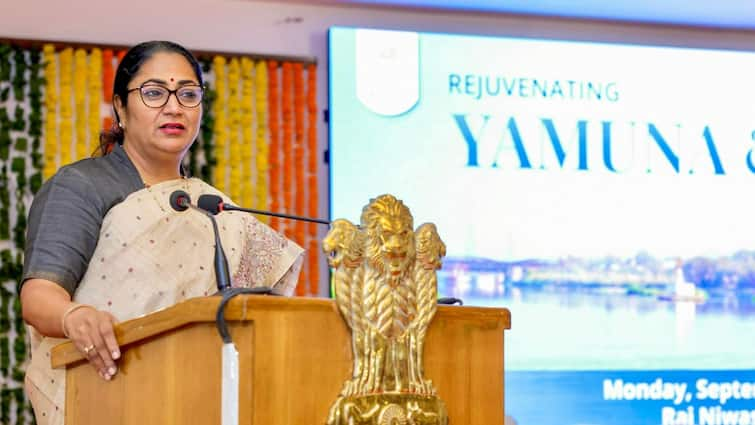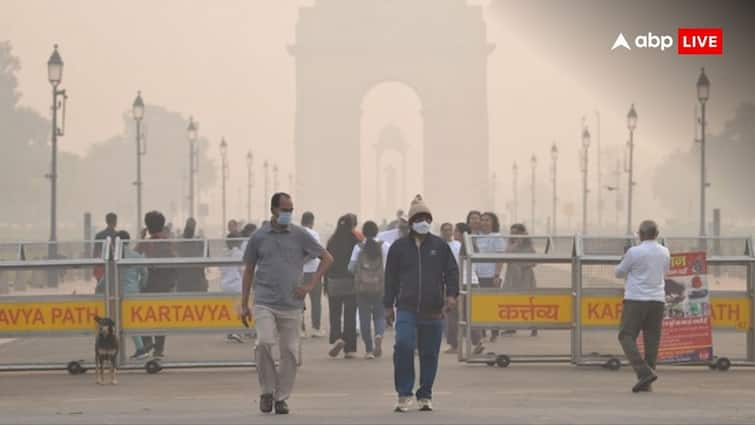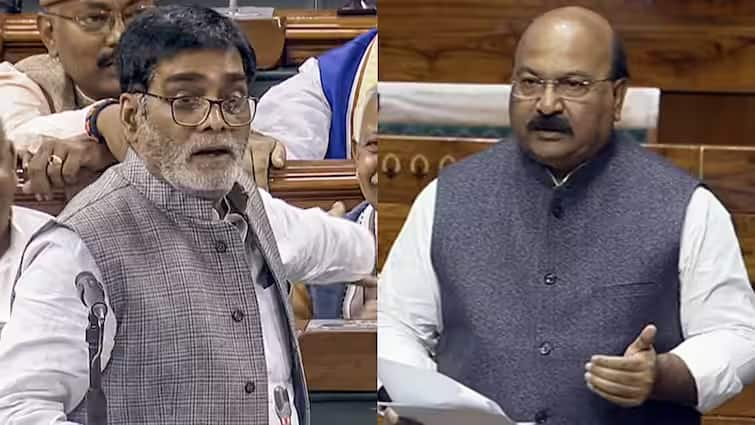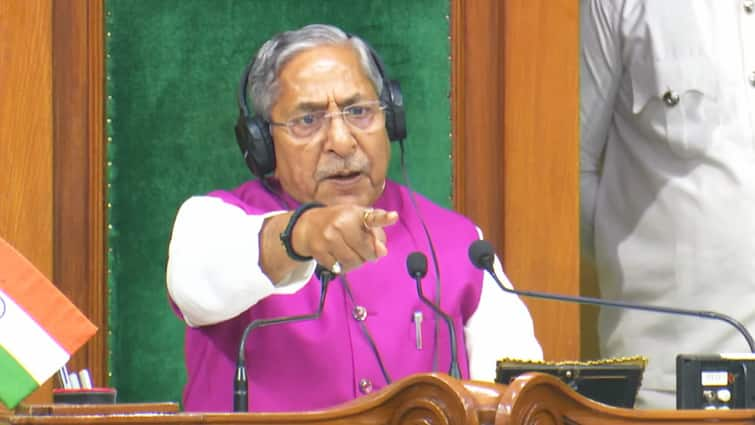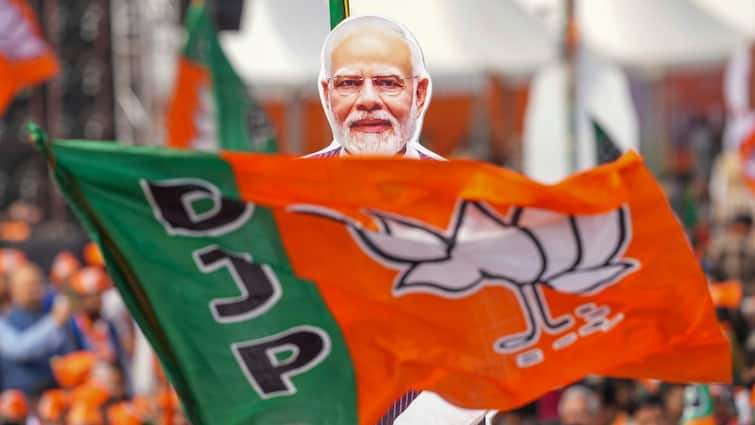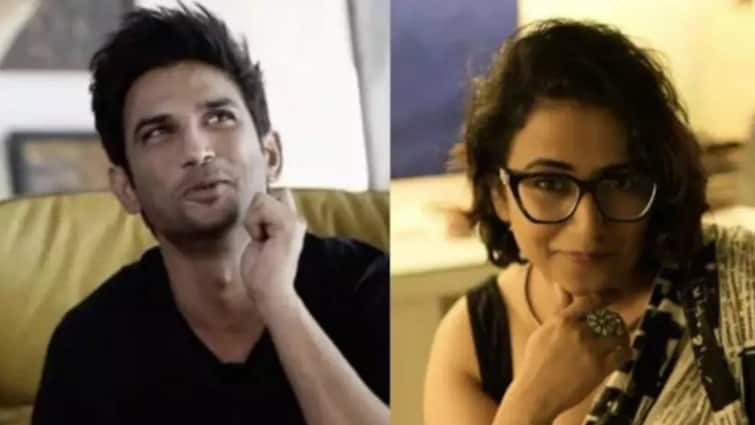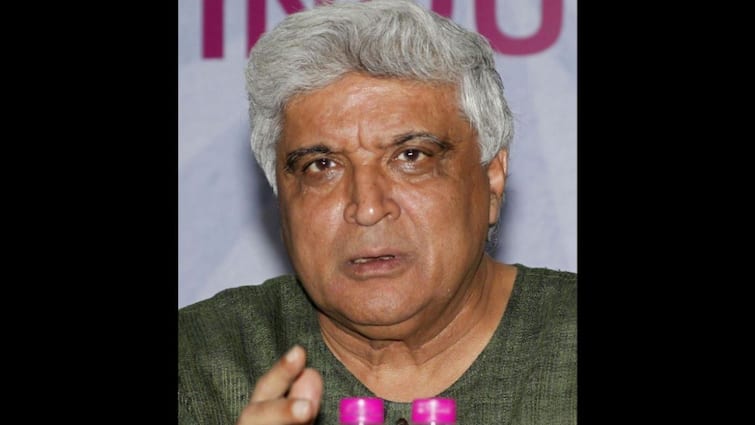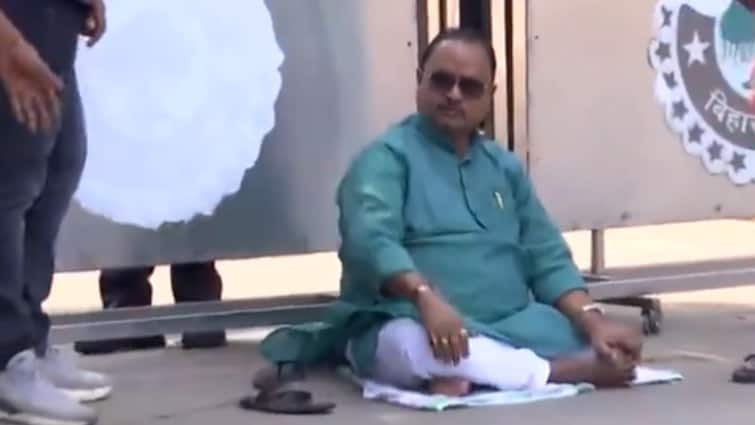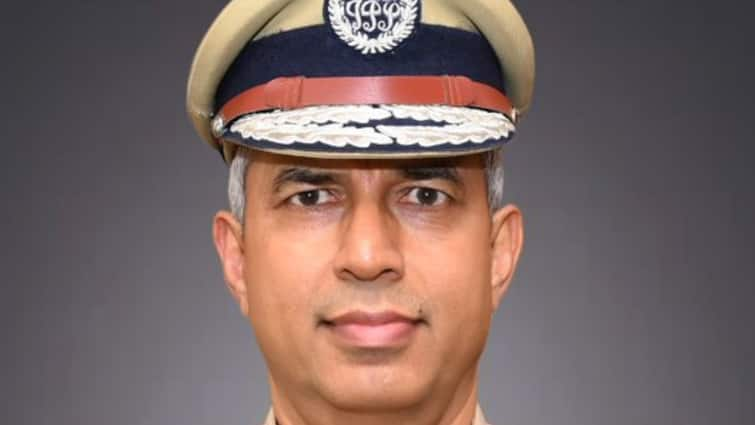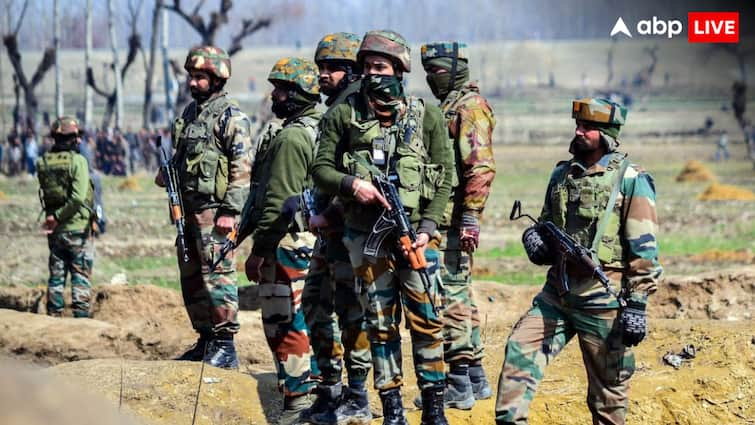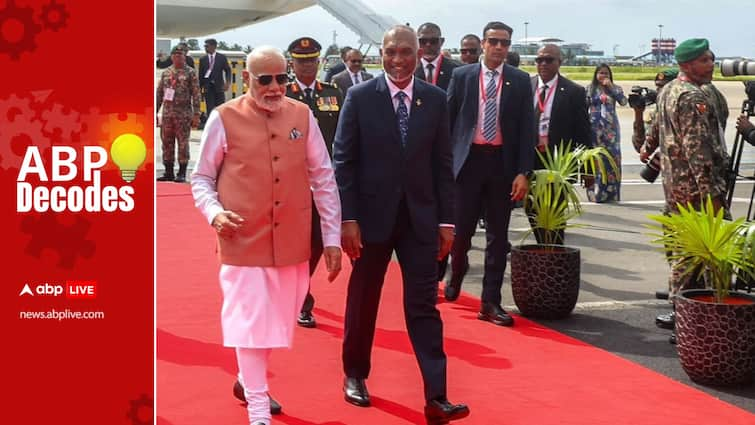
Let’s not pretend this turnaround was inevitable. Less than two years ago, Maldives President Mohamed Muizzu came to power riding a wave of anti-India sentiment. His campaign didn’t just push “India Out”; it practically branded New Delhi a regional “bully”. His ministers mocked PM Narendra Modi online. He kicked up a fuss about sovereignty. He even began pulling out Indian personnel from key defence posts.
Now? Modi’s not just being welcomed in the Maldives. He’s the Guest of Honour at the country’s 60th Independence Day. That’s not a diplomatic handshake — that’s a full-fledged backflip.
So what changed? Here’s the thing: reality hit.
Muizzu’s early swagger was all about optics designed to score points at home; It was not to build lasting partnerships abroad. But once the social media slogans faded and the governance began, the hard truths surfaced: The Maldives needs India far more than India needs the Maldives.
Let’s break it down.
#WATCH | PM Narendra Modi arrives in Male, Maldives on a two-day official visit. He was received by Maldivian President Mohamed Muizzu. Chants of ‘Vande Mataram’ and ‘Bharat Mata ki Jai’ resonate. pic.twitter.com/yI2MNvrjSb
— ANI (@ANI) July 25, 2025
Honey Is Where The Money Is
China didn’t show up with bags of money. Gulf nations offered polite nods but little cash. Meanwhile, the Maldivian economy was flailing, and Muizzu had a budget to balance.
India quietly rolled out treasury bills, extended currency swaps, and pumped in hundreds of millions in development aid. From water and sanitation to bridges and airports, New Delhi’s fingerprints are all over Maldives’s core infrastructure.
Even after the diplomatic mess, India didn’t slam the door. It extended help with no drama. That’s the kind of reliability even the most stubborn leader can’t ignore.
Strategic Geography Has No Reset Button
The Maldives sits in the heart of the Indian Ocean’s most important shipping lanes. For India, it’s not just about goodwill; it’s about security, shutting down drug routes, neutralising terror threats, and optimising maritime surveillance. So, India needs a cooperative Maldives.
But here’s the twist: Maldives needs India just as much. Muizzu declared drug trafficking a national crisis. And who’s best placed to help? India’s Navy and Coast Guard, with real-time intel and patrol muscle.
The Colombo Security Conclave, India’s regional security platform, has quietly become the backbone of maritime cooperation. You want a secure Indian Ocean? You can’t ignore Delhi.
China Is a Backup, Not a Blueprint
Yes, Muizzu visited China. Yes, there were talks and photo ops. But when it came to actual money, Beijing was cautious. Why? Because the Maldives is already buried deep under Chinese debt. Xi Jinping doesn’t do bailouts without strings. And Muizzu knew that. Sri Lanka learned it the hard way.
India, on the other hand, doesn’t make you choose between sovereignty and survival. That’s why even Muizzu’s China-funded projects are now being quietly relocated to avoid stepping on Indian toes. India, with the development of the Thilafushi Port, is proving to be the Maldives’ partner in its overall development and progress.
Public Humiliation Has A Price
The online abuse from Maldivian ministers backfired spectacularly. Indian tourists, who make up the Maldives’ single biggest market, started looking elsewhere. Lakshadweep trended. Cancellations soared.
Tourism is the Maldives’ economic lifeline. Muizzu learned the hard way that offending a billion-strong neighbour isn’t just a bad idea; it’s financial suicide.
The officials who triggered the crisis? They were sacked. Rehired, yes, but in quieter roles. The message was clear: “Maldives can’t afford another mess like that.”
India Played The Long Game And Won
What makes this turnaround remarkable is how India handled it. No fiery statements. No retaliatory sanctions. Just cold, strategic patience.
Delhi never publicly humiliated Muizzu, even when he was milking the anti-India rhetoric. It kept the channels open, kept the cash flowing, and let Muizzu slowly walk back his own words.
Now Muizzu is rebranding himself as a pragmatic leader who just wants what’s best for the Maldives. And India? It gets a partner who’s back at the table, minus the bluster.
Muizzu isn’t warming up to India out of affection. He’s doing it because he doesn’t have a better option. His “India-Out” campaign won him an election. But it also handed him a crisis.
India stayed calm, stayed present, and let the geopolitical math do its work. Today, Muizzu isn’t just opting back in — he’s doing it with garlands, MoUs, and maritime agreements. In the end, the message is simple: in this region, you can talk tough all you want. But if you want good faith, roads, bridges, security, and tourists, you call Delhi, not Beijing.
Doonited Affiliated: Syndicate News Hunt
This report has been published as part of an auto-generated syndicated wire feed. Except for the headline, the content has not been modified or edited by Doonited




